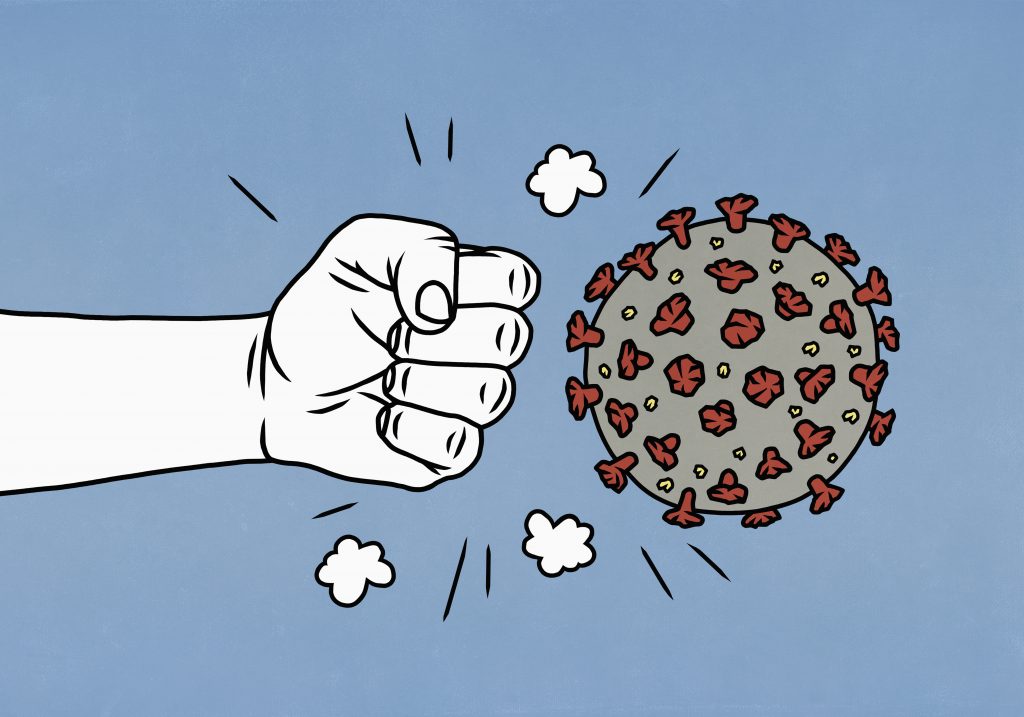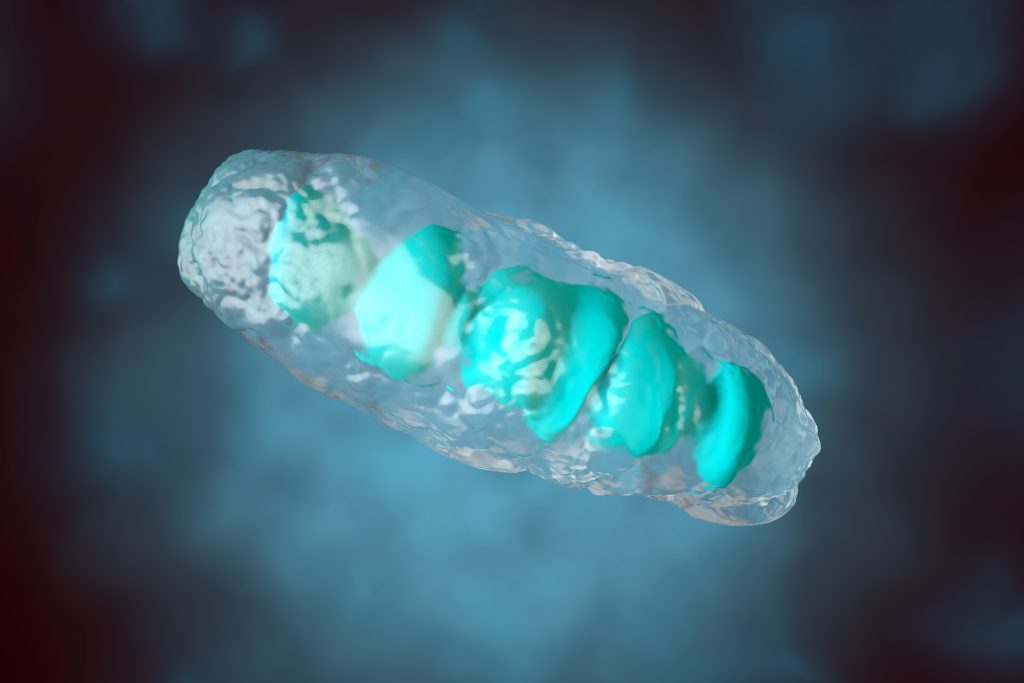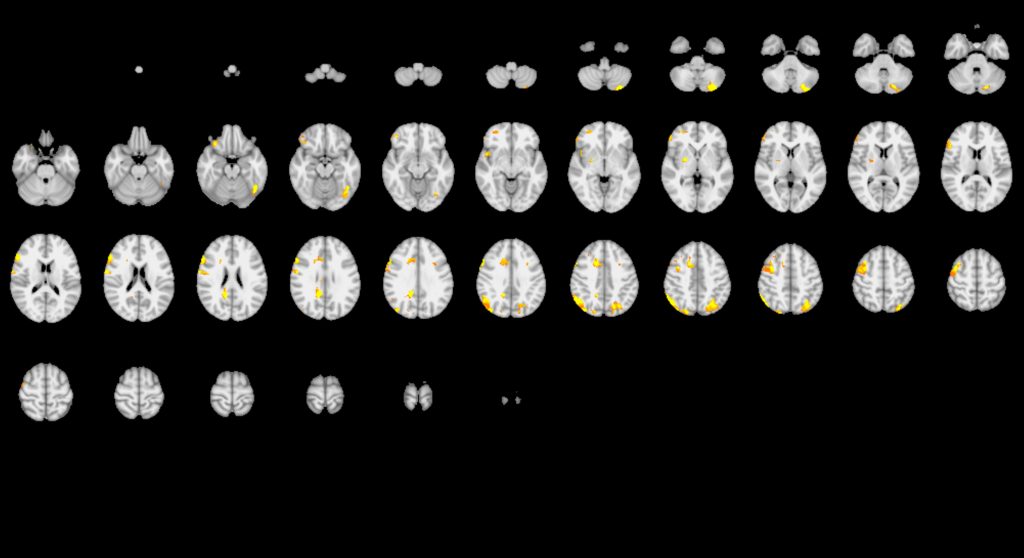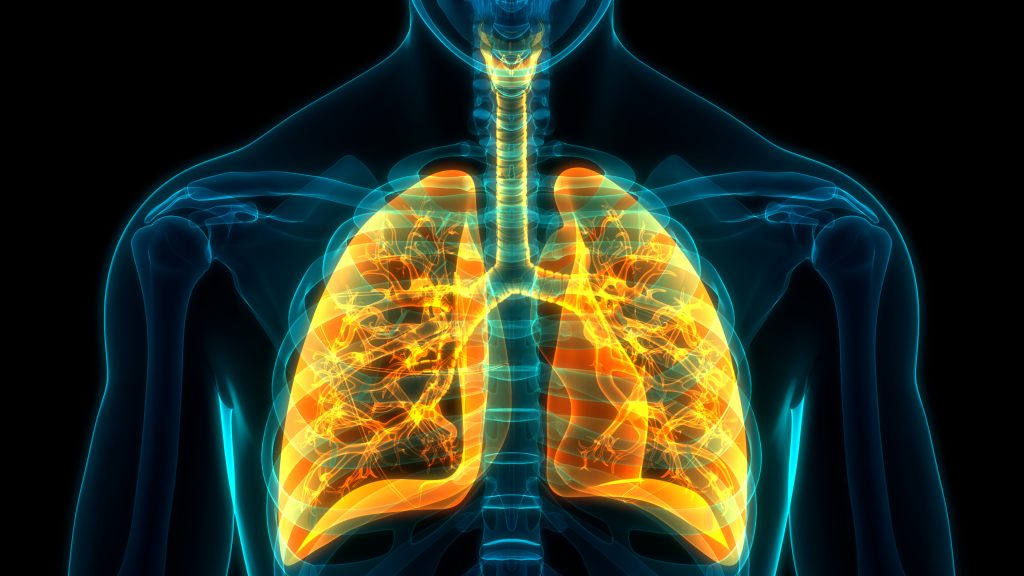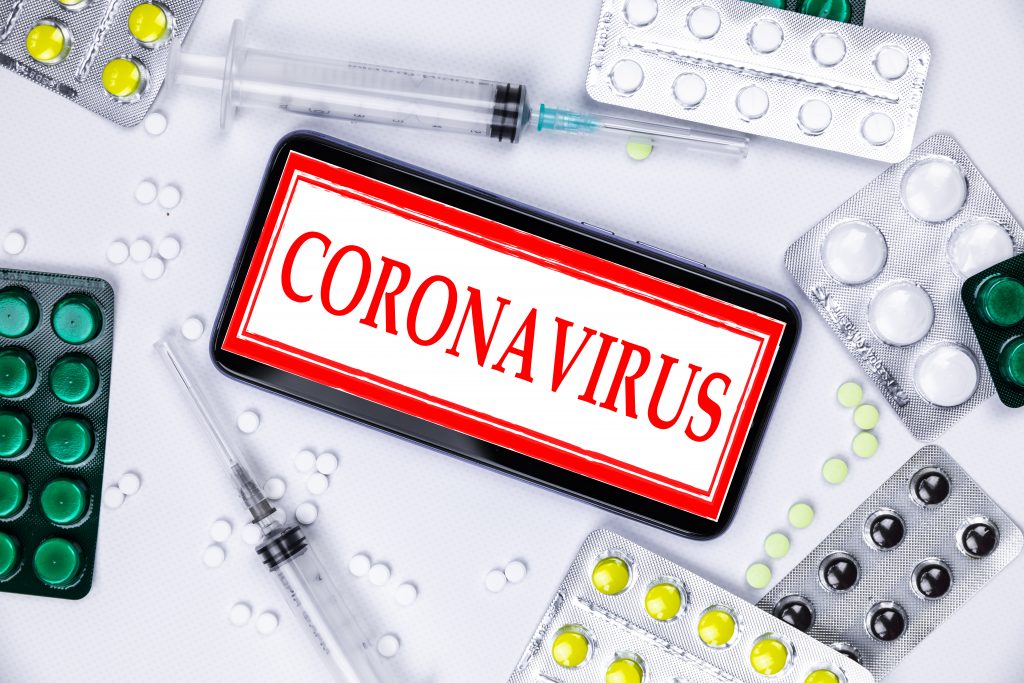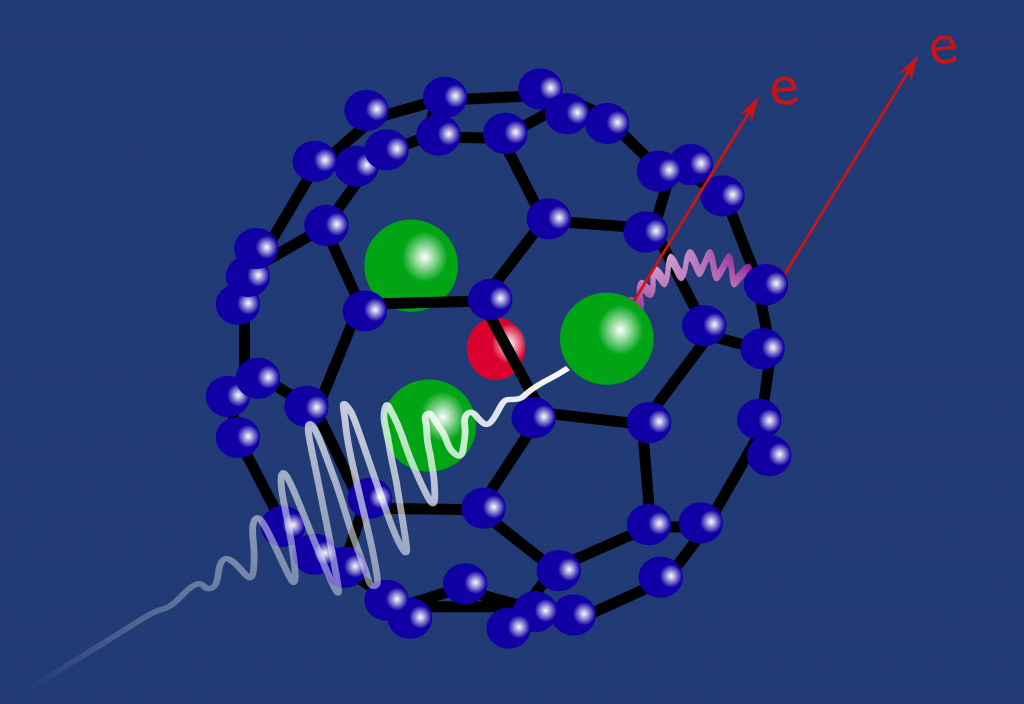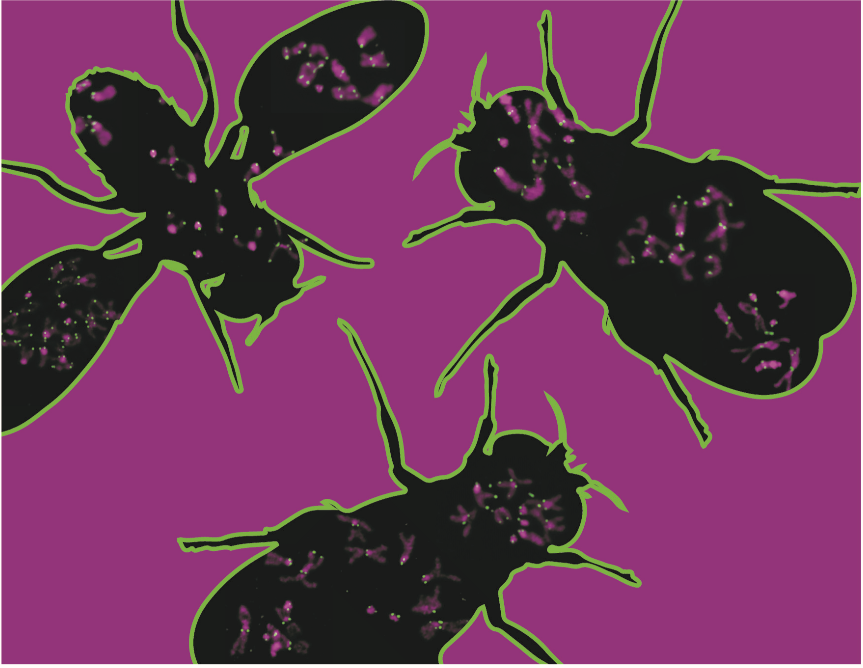
Writer
Kim Krieger
Kim Krieger has covered politics from Capitol Hill and energy commodities from the floor of the New York Mercantile Exchange. Her stories have exposed fraud in the California power markets and mathematical malfeasance in physics. And she knows what really goes on in the National Radio Quiet Zone. These days, Kim tells clear, compelling stories of the research at UConn. Her work connects Connecticut citizens and the press with the vast resources of their flagship public university. When not at UConn, she can be found kayaking among the beautiful Norwalk islands, digging in her garden, or occasionally enjoying the silence in the National Radio Quiet Zone.
Author Archive
UConn Researcher Hopes to Stop COVID-19 in Its Tracks
A UConn researcher is investigating a way to stop the COVID-19 virus from spreading through the body.
June 10, 2020 | Kim Krieger
Researchers Explore Potential Treatment for Mitochondrial Diseases
Researchers studying severe illnesses like muscular dystrophy and Parkinson's disease are intrigued by a group of compounds that may work to protect the body's cells.
May 28, 2020 | Kim Krieger
The Reproducibility Crisis Might Be All in Your … Software
UConn researchers say that software may be partly the cause for many science experiments' inability to be repeated.
May 20, 2020 | Kim Krieger
Gestures Heard As Well As Seen
A group of UConn researchers has found that body movements can influence how our voices sound.
May 15, 2020 | Kim Krieger
Seeing is Conceiving
UConn researchers say that thinking about sensed experiences—seeing a sunset, hearing a violin, tasting a brownie— may be a little bit like experiencing it.
April 30, 2020 | Kim Krieger
Abnormal Stem Cells Underlie COPD’s Persistence
COPD persists in people even after they quit smoking, and a team of researchers has learned why.
April 15, 2020 | Kim Krieger
Medication in the Time of COVID-19: Listen to the Experts
A panel of UConn experts cut through misinformation and rumor about drug treatments for COVID-19.
March 26, 2020 | Kim Krieger, Christopher DeFrancesco '95 (CLAS), and Karin Whiting Burgess
Radiation Damage Spreads Among Close Neighbors
An experiment has given researchers insight into how radiation may damage living tissue.
March 17, 2020 | Kim Krieger
Even Damaged Livers Can Handle Life-Saving Medicines
When you ingest a drug—whether over-the-counter Tylenol or medication prescribed by a doctor—your liver is your body’s first responder. And just like other first responders, sometimes the liver gets hurt.
February 28, 2020 | Kim Krieger
Fake Centromeres Make–and Break–a Chromosome
UConn researchers were able to make fake centromeres that fooled cells into rearranging their chromosomes.
February 10, 2020 | Kim Krieger
